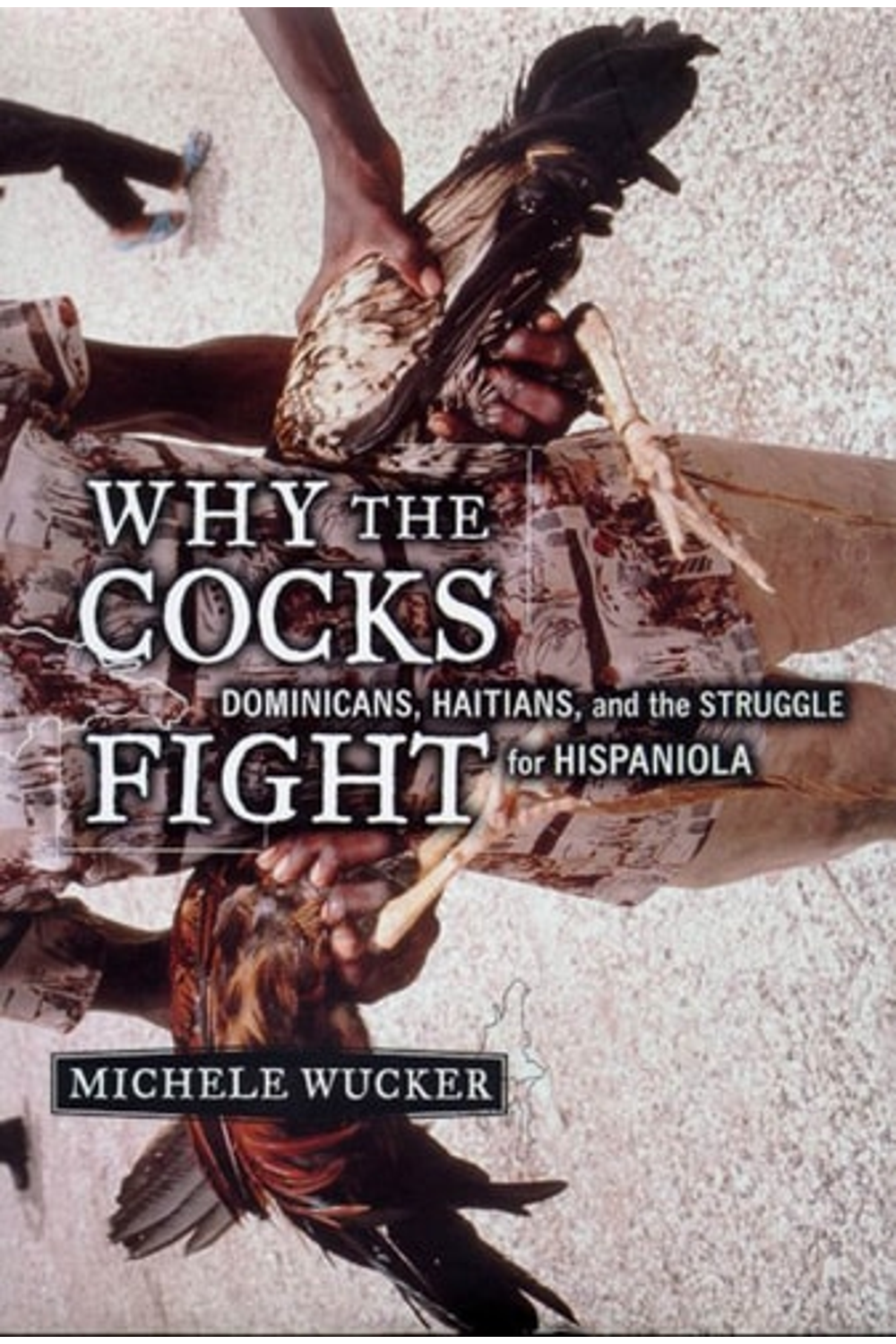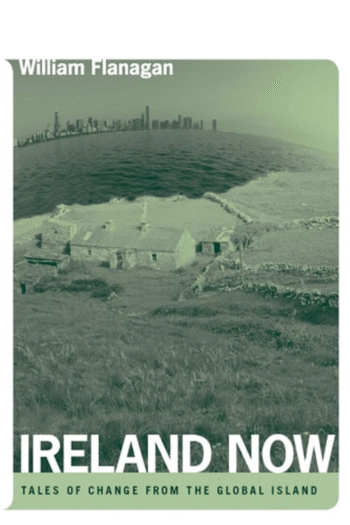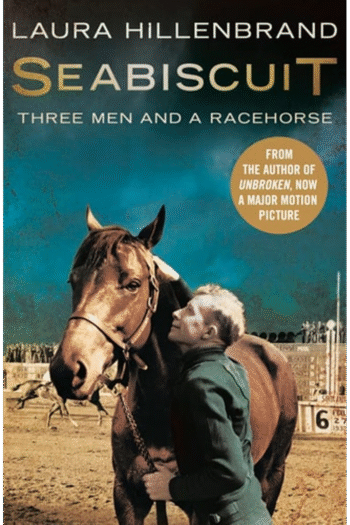Explore the tumultuous relationship between Haiti and the Dominican Republic in Michele Wucker’s *Why the Cocks Fight*. More than a history book, this is a captivating analysis of two nations sharing an island yet divided by history, culture, and politics. Wucker uses the potent symbol of the cockfight a beloved pastime in both countries as a lens to examine themes of national identity, power, and aggression. Discover how historical grievances, racial tensions, and the long shadow of U.S. intervention have fueled a complex dynamic of rivalry and interdependence. Wucker’s work sheds light on how leaders have exploited nationalistic fervor, drawing parallels between staged cockfights and political maneuvering. This insightful study examines the impact of US policies and interventions on both nations, revealing how these actions have shaped their destinies. *Why the Cocks Fight* offers a nuanced understanding of the challenges and opportunities facing Hispaniola. More than just a historical account, it’s an exploration of the enduring legacies of colonialism and the ongoing struggle for identity and progress.
Why the Cocks Fight: Dominicans, Haitians, and the Struggle for Hispaniola
22,78 $
In stock
Like two roosters in a fighting arena, Haiti and the Dominican Republic are encircled by barriers of geography and poverty. They co-inhabit the Caribbean island of Hispaniola, but their histories are as deeply divided as their cultures: one French-speaking and black, one Spanish-speaking and mulatto. Yet, despite their antagonism, the two countries share a national symbol in the rooster–and a fundamental activity and favorite sport in the cockfight. In this book, Michele Wucker asks: “If the symbols that dominate a culture accurately express a nation’s character, what kind of a country draws so heavily on images of cockfighting and roosters, birds bred to be aggressive? What does it mean when not one but two countries that are neighbors choose these symbols? Why do the cocks fight, and why do humans watch and glorify them?”
Wucker studies the cockfight ritual in considerable detail, focusing as much on the customs and histories of these two nations as on their contemporary lifestyles and politics. Her well-cited and comprehensive volume also explores the relations of each nation toward the United States, which twice invaded both Haiti (in 1915 and 1994) and the Dominican Republic (in 1916 and 1965) during the twentieth century. Just as the owners of gamecocks contrive battles between their birds as a way of playing out human conflicts, Wucker argues, Haitian and Dominican leaders often stir up nationalist disputes and exaggerate their cultural and racial differences as a way of deflecting other kinds of turmoil. Thus Why the Cocks Fight highlights the factors in Caribbean history that still affect Hispaniola today, including the often contradictory policies of the U.S.
| Authors | |
|---|---|
| Binding | |
| Condition | |
| ISBN-10 | 0809097133 |
| ISBN-13 | 9780809097135 |
| Language | |
| Pages | 304 |
| Publisher | |
| Year published | |
| Weight | 431 |
| Edition | First Edition |
Related products
- Additional information
- Currencies
- USD – United States dollar
- EUR – Euro
- GBP – Pound sterling
- CNY – Chinese yuan
- BRL – Brazilian real
- MXN – Mexican peso
- JPY – Japanese yen
- PHP – Philippine peso
- THB – Thai baht
- PLN – Polish złoty
- CAD – Canadian dollar
- MYR – Malaysian ringgit
- AUD – Australian dollar
- TWD – New Taiwan dollar
- CZK – Czech koruna
- SEK – Swedish krona
- HUF – Hungarian forint
- ILS – Israeli new shekel
- CHF – Swiss franc
- HKD – Hong Kong dollar
- DKK – Danish krone
- SGD – Singapore dollar
- NOK – Norwegian krone
- NZD – New Zealand dollar





